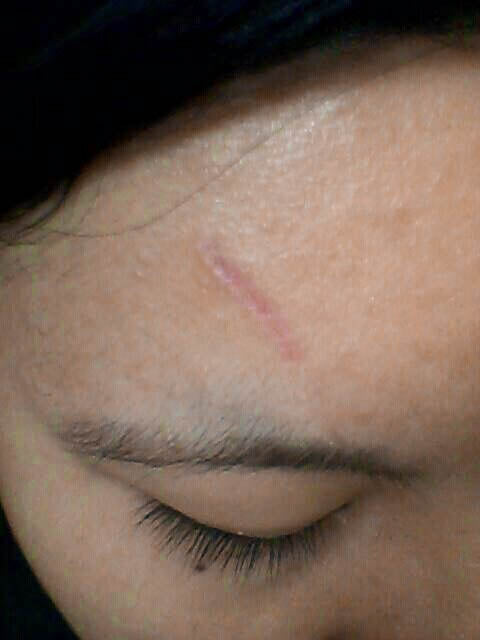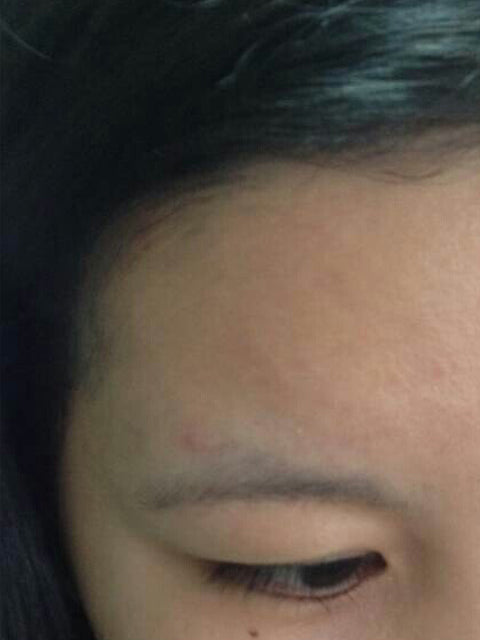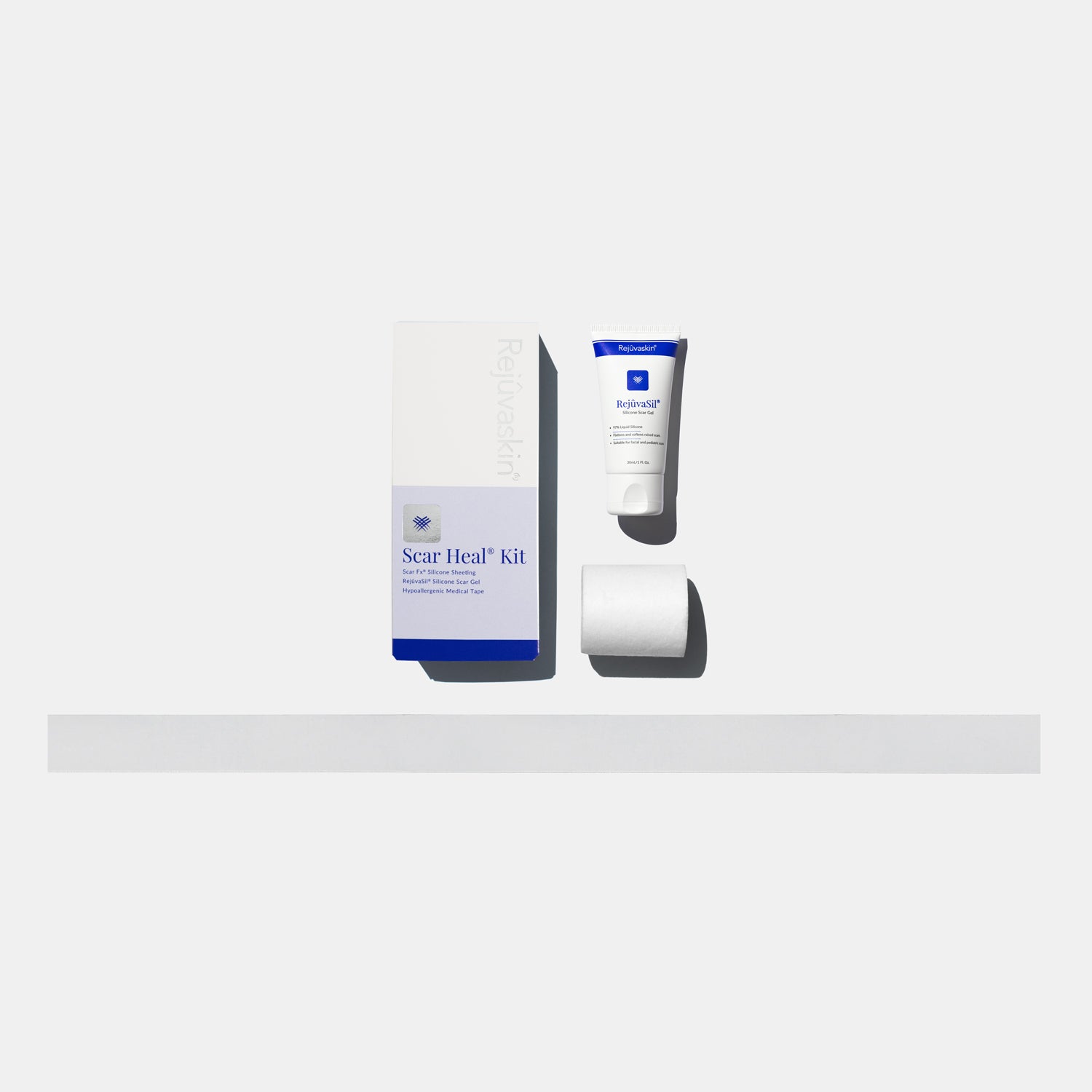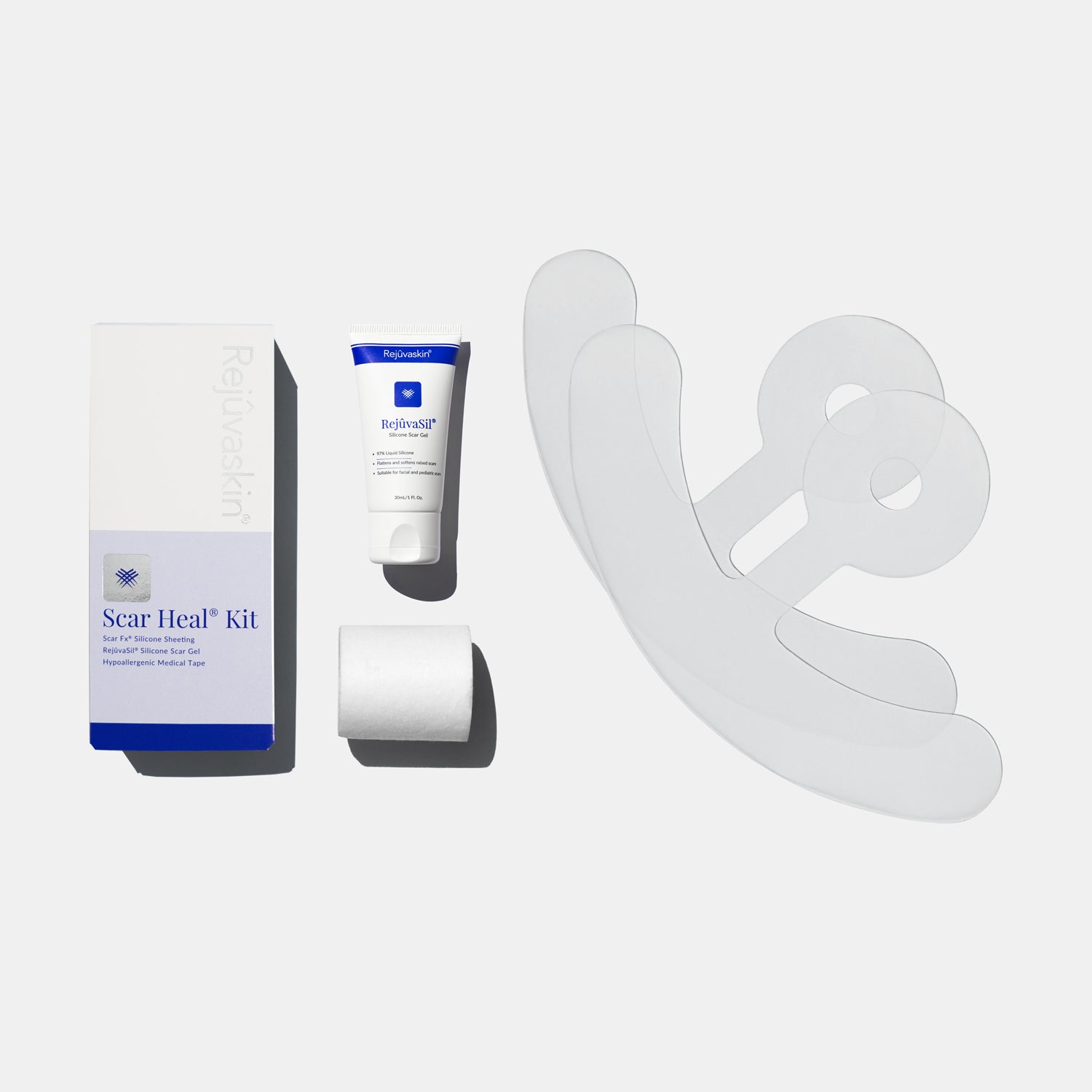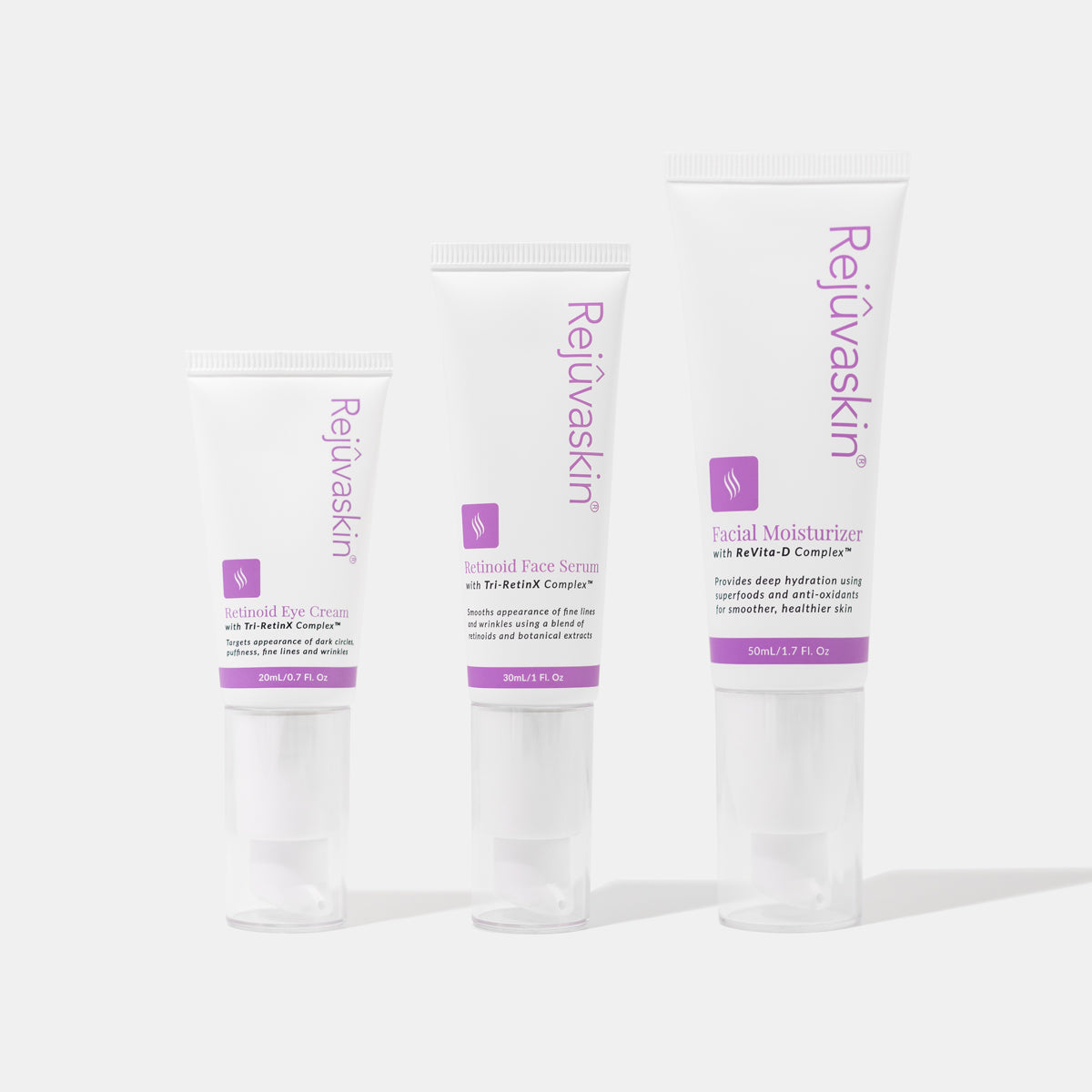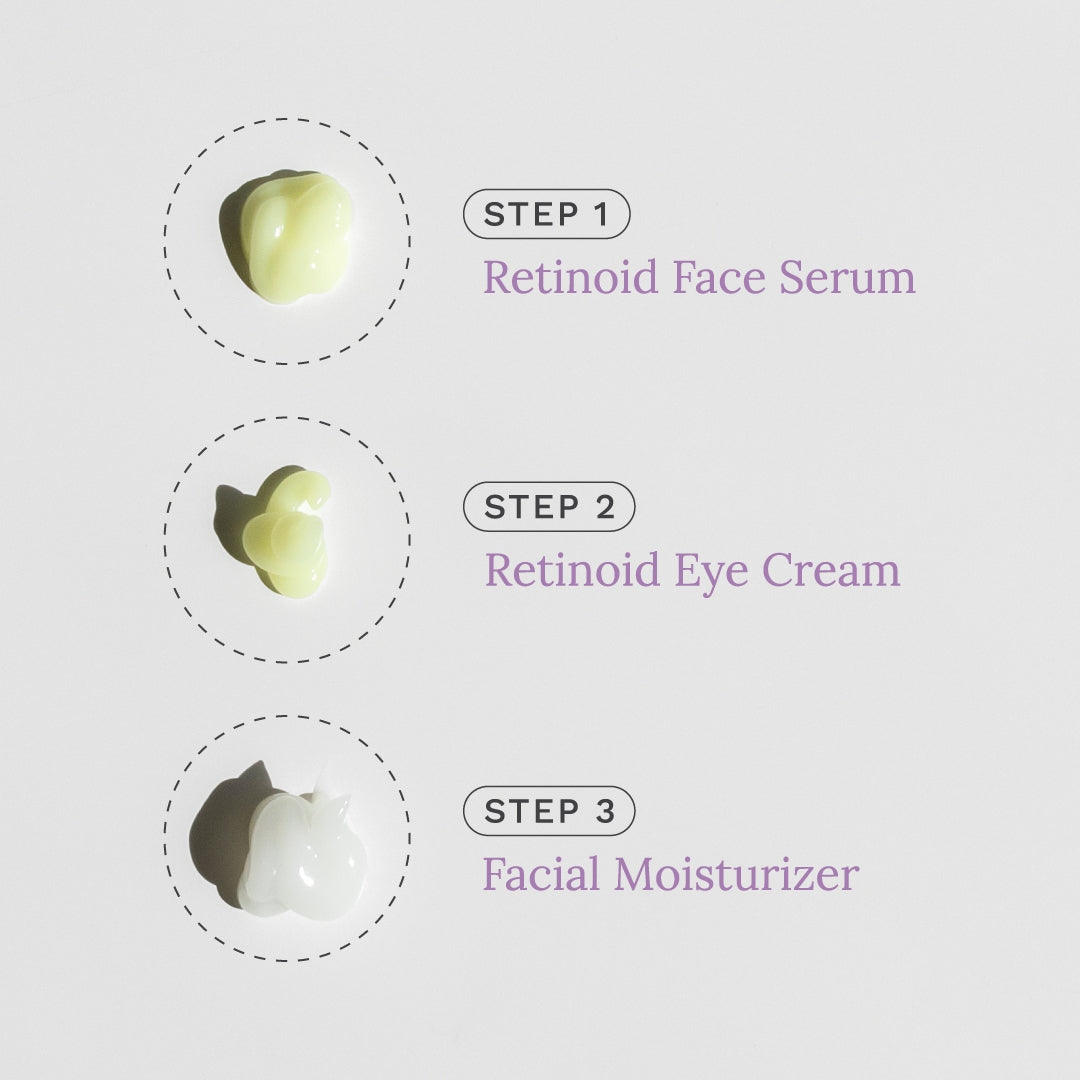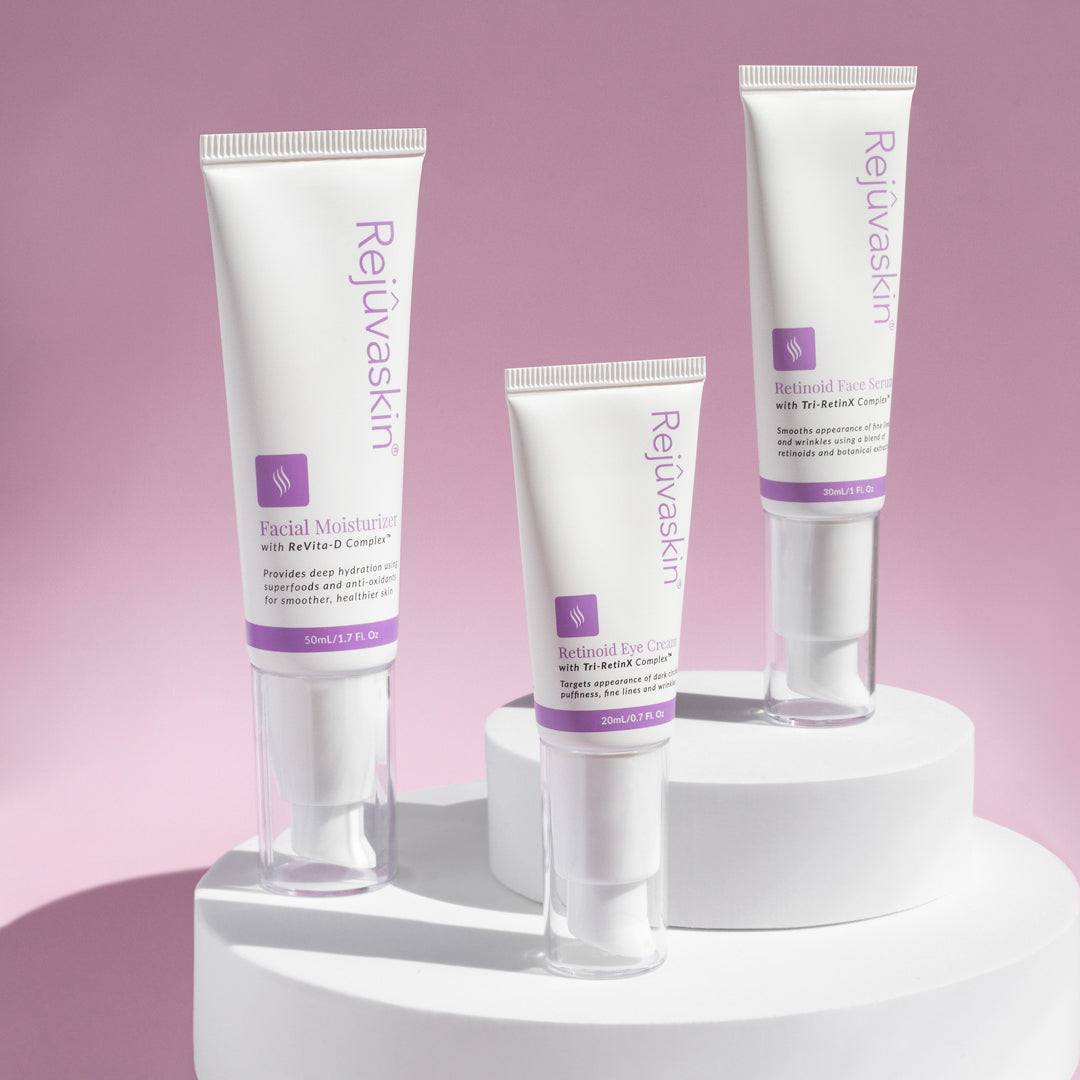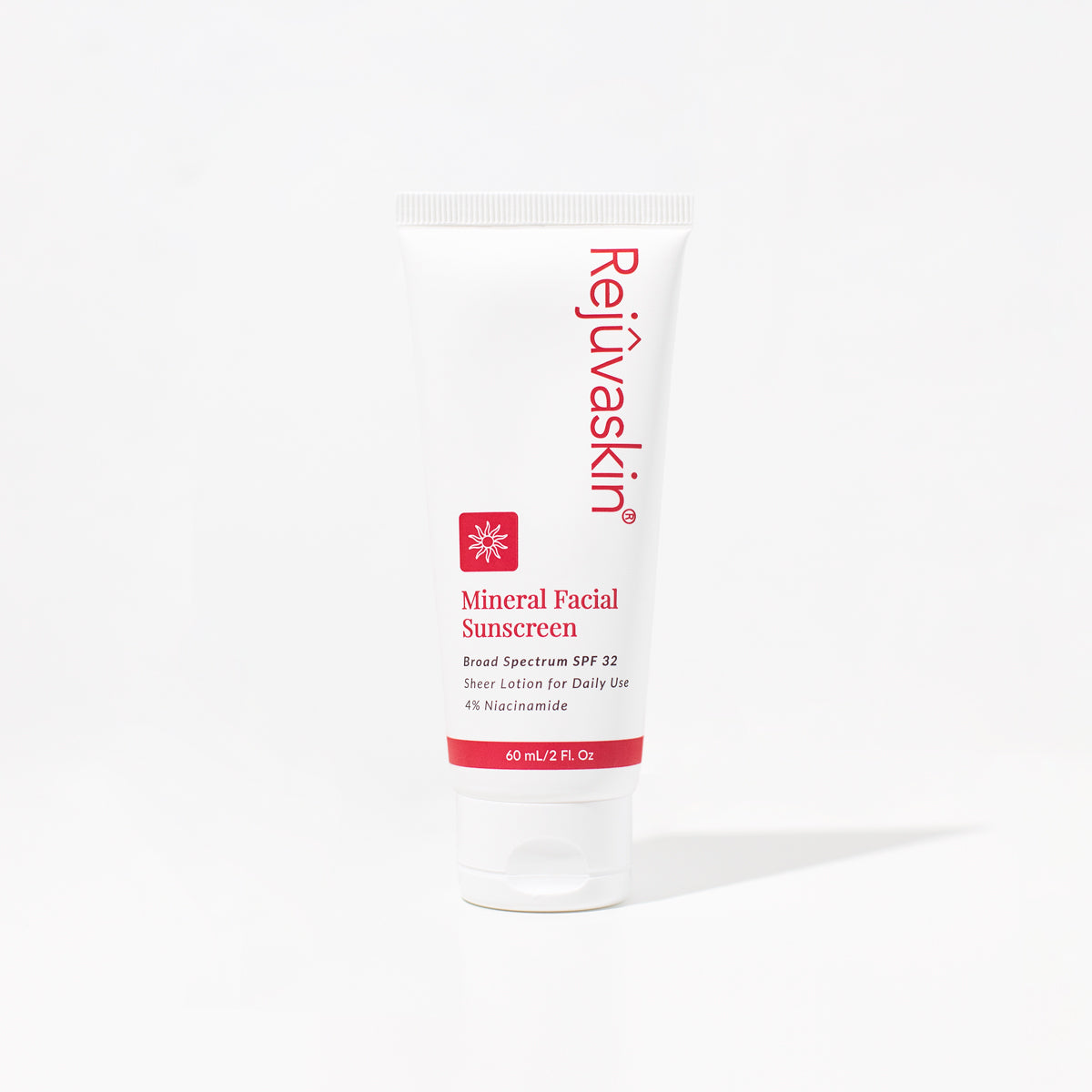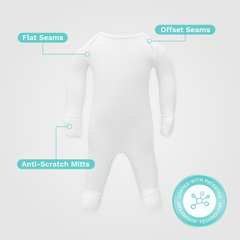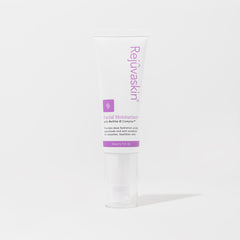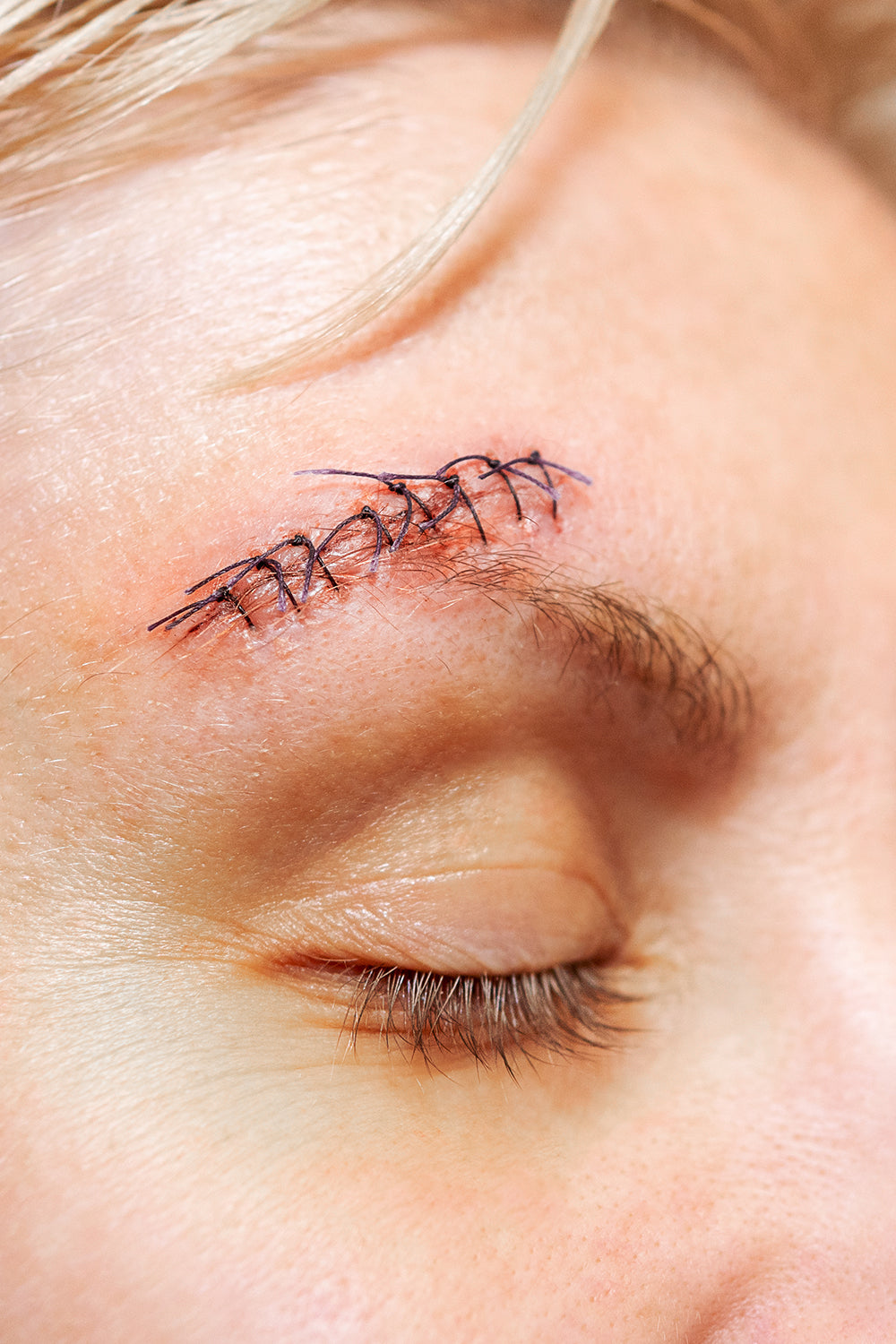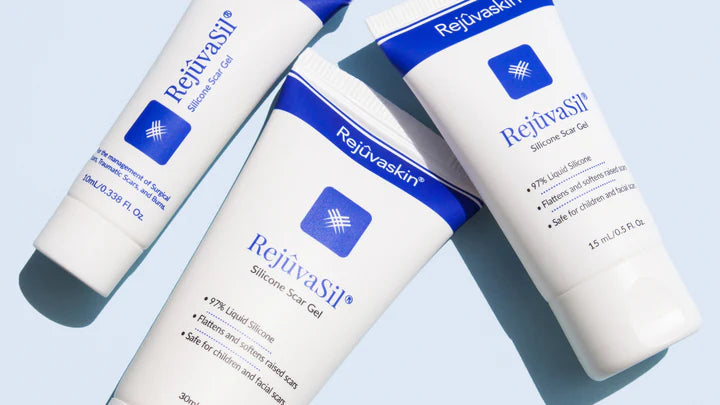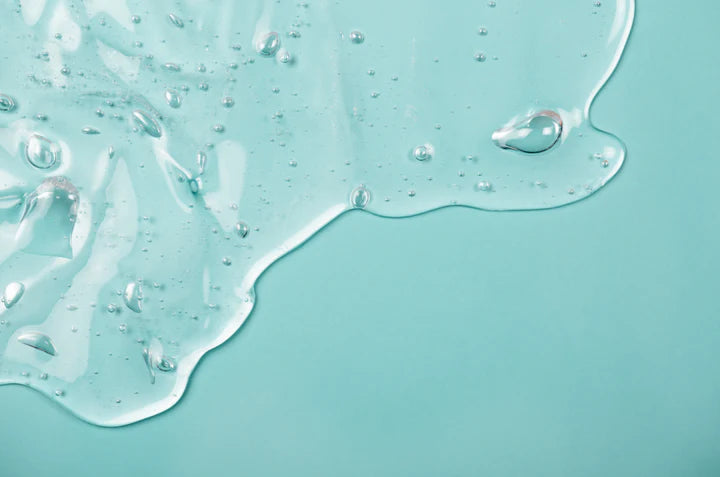RejûvaSil Silicone Scar Gel
EASY, DISCREET SCAR MANAGEMENT
The secret to healthy, good-looking scars? Silicone. Thanks to its quick-drying, non-greasy, noncomedogenic formula, Rejuvasil Silicone Scar Gel makes the ideal solution for treating facial scars. Easily contouring to the curves of your face, Rejuvasil discreetly covers your scar while keeping it in the ideal healing environment.
Frequently Asked Questions
How long do facial scars take to heal?
Facial scars typically take 6–12 months to fully heal and mature. Early in the healing process, they may appear red, raised, or swollen, but over time they often fade and flatten. Factors like wound care, sun protection, and skin type influence healing speed and final appearance.
Why do some scars become raised (hypertrophic) or sunken (atrophic)?
Raised scars result from excess collagen production during healing, while sunken scars occur due to insufficient collagen or tissue loss, often from conditions like acne or chickenpox. Proper wound care can minimize these outcomes.
When can I start using silicone on my facial scar?
You must wait until your wound is fully closed before starting use of your silicone scar products, when your wound has begun the “maturation phase” of scar healing. In short, this means your wound is no longer oozing, bleeding, scabbing, etc, which usually takes a few weeks. However if in doubt, we also suggest consulting your doctor to see if it’s time for scar treatment.
Does silicone gel work on acne scars?
Silicone gel, like RejuvaSil, is highly effective for softening and reducing the appearance of raised scars (hypertrophic and keloid). While it doesn’t fill depressions (like icepick or boxcar scars), it does help improve the overall texture and discoloration of the scarred skin, making it an excellent option for most acne scar types.
Will silicone gel clog pores or make acne worse?
RejuvaSil Silicone Scar Gel is non-comedogenic, meaning it’s designed to not clog pores or worsen acne. Its lightweight, breathable formula allows the skin to heal without adding extra weight or blocking pores. This makes it safe for use on acne-prone areas, helping to improve scar appearance without causing further breakouts.
How do I apply silicone gel to my scar?
To apply silicone gel to your scar:
- Clean the Area: Gently wash the scar area with mild soap and water, then pat dry.
- Apply the Gel: Squeeze a small amount of RejûvaSil Silicone Scar Gel onto your fingertip.
- Spread Evenly: Gently massage the gel over the scar in a thin, even layer.
- Allow to Dry: Let the gel dry completely before covering with clothing.
For optimal results, apply the gel 2-3 times daily. Regular application can significantly improve the appearance of scars over time.
Real People, Real Results
Proven Results
Minimize post-surgical scarring with our physician approved scar solutions...
